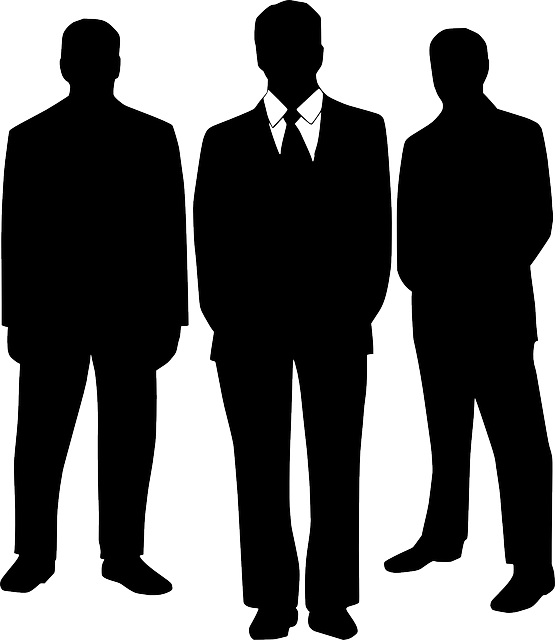Explanations of War: Making Plausible, Legal, Obvious

Explanations of War: Making Plausible, Legal, Obvious
A Round Table Discussion with
Elisa Satjukow (Univ. of Leipzig), Selma Korjenić (Trial International, Sarajevo), Marta Havryshko (Univ. of Basel) and Oksana Potapova (London School of Economics)
Moderation: Jelena Đureinović (Univ. of Vienna)
Time and Venue:
Thursday, 17 November 2022, 18:00-20:00
Alte Kapelle, Campus der Univ. Wien
(Spitalgasse 2/4 / Hof 2.8, 1090 Wien)
Organised by: Friedrich Cain, Dietlind Hüchtker (Faculty Center for Transdiciplinary Hisotrical and Cultural Studies), Claudia Kraft (Department of Contemporary History)
Contact: Friedrich Cain
Since the Russian attack on 24 February 2022, the war in Ukraine has been explained from many perspectives, for example in analyses, pictures, documentaries, speeches, and blogs. Of course, these explanations rely on narratives and interpretation, and often enough the term "war" becomes a synonym for the current war in Ukraine, reinforced by the remark that we are coping with the first war in Europe in 70 years. Talking about war comes with strong, often deliberately polarising statements that are interwoven with reports of experiences, explanations and statements in order to justify a specific stand and action plan or to criticise others. Thus, the singularity, exceptionality and meanings of war are more than the object of specific primary and secondary narratives, but also an effect of argumentative logic.
Starting from the current war in Ukraine, the international and interdisciplinary discussion will open a broad perspective on speaking about war(s) in the 21st century. We want to ask how positions and courses of action are being legitimised and justified. What difference does it make to talk about a "special military operation" or to diagnose ruptures in civilisation? What can we learn from military experts, experts for international law or from economic analysts? How do our languages cope with the masculinity and femininity of combat, death and flight? Which political architectures of peace do they adhere to and how are their counterforces framed (regional, ethnic or religious)? How do historical contexts, power relations and options for action affect divergent perceptions of current and past wars? Which narratives are mobilised to identify actors and make sense of their actions?
